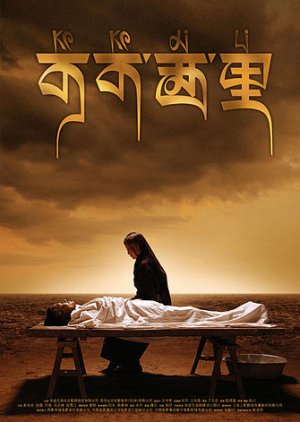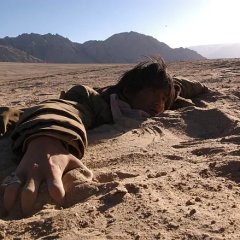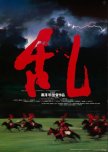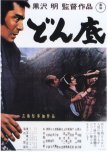Elenco e Créditos
- Duo Bu JieRi TaiPapel Principal
- Zhang Zheng YangGa YuPapel Principal
- Qi DaoLiu DongPapel Principal
Resenhas

Esta resenha pode conter spoilers
Sometimes brave people can bring about change
As the Tibetan antelope numbers rapidly decreased from one million to around 10,000 in the 1990's, men from the Kekexili area formed the Mountain Patrol to deter poachers from the area. Based on a true story, in the nearly lawless, desolate land the patrol had no one to rely on but themselves. Outmanned and outgunned by the ruthless poachers they would have to be resolute in their convictions in the unforgiving terrain to save the endangered animals…and themselves.A Beijing journalist with a Tibetan father, Gu Ya, succeeds in imbedding himself with the Mountain Patrol. Their leader, battle hardened Ri Tae, accepts him with the hope a story could bring more help to their cause. The patrol is mourning the loss of one of their own who was murdered recently by the poachers. Gu Ya scarcely has time to unpack his bag before the men head out on patrol to track down the murderers. Along the way they cover barren desert and forbidding mountains. Gu Ya discovers how harshly they interrogate witnesses and suspects, especially after they come across nearly 500 hundred dead and peltless antelope. The patrol reverently stacks the carcasses and burns them with a funeral rite. The small band of men have to resort to selling the pelts they discover to pay for medical care and supplies.
The patrol was decimated by illness and death. The earth reminded them that despite their noble cause, they were vulnerable in spaces without food and water, where snowstorms could erupt in a moment, and quicksand could swallow a man in a matter of seconds. The desert and blizzard winds mercilessly erased all traces that a person had ever been there. Ri Tae was a man possessed with catching the murdering poachers which endangered not only himself but also his men as they ran low on food and fuel. Tibetan actor Duo Bu Jie was perfect as the patrol leader who was relentless in his pursuit of his enemy and also loved his men and the land.
Mountain Patrol could be disturbing with scenes of animals being butchered with numerous carcasses and bullet ridden pelts. Yet it also featured beautiful and stark landscapes. Director Lu Chuan filmed on location where the events were said to have happened in a land so remote a person's steps could be the first footsteps there since the dawn of time. The soundtrack was emotionally haunting, perfectly accenting a scene without intruding. The story was gut wrenching as the men with "dirty hands and pure hearts" suffered devastating losses. Yet their losses for a cause they believed in did bring about change. After their stories became published the government designated the land a natural preserve and the antelope population has steadily increased. Lu Chuan never fully answered what compelled these men to risk their lives in service to the graceful animals, but the world is a slightly better place because they did.
9/1/23
Esta resenha foi útil para você?





















































